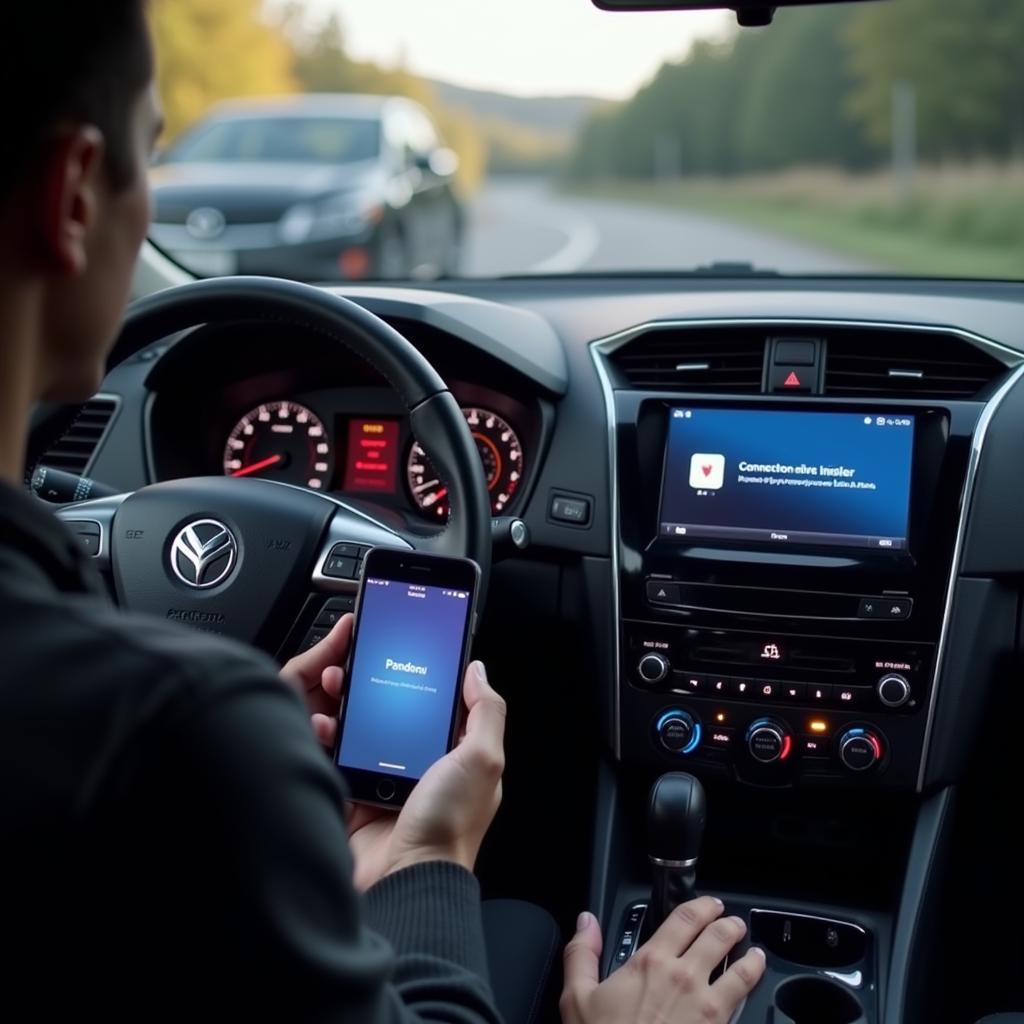Fixing car damage yourself and navigating insurance can be a tricky process. This guide offers valuable insights into DIY car repairs and insurance claims, helping you save money and regain control over the process. We’ll explore everything from assessing the damage to working with your insurance company effectively.
Understanding Your Insurance Policy
Before attempting any DIY repairs, thoroughly review your insurance policy. Policies differ significantly, outlining coverage for specific damages and repair procedures. Understanding your deductible, coverage limits, and claim process is crucial. Some policies may even offer discounts if you choose to repair minor damage yourself.
Assessing the Damage: Can You Fix Car Damage Yourself?
Not all car damage is suitable for DIY repairs. Minor scratches, dents, and bumper scuffs can often be tackled at home. However, significant damage affecting structural integrity, mechanical components, or safety features requires professional attention. cara fix hull provides additional resources on hull repair. Incorrectly repairing major damage could compromise your safety and further devalue your vehicle.
Gathering Necessary Supplies for DIY Car Repairs
Once you’ve determined the damage is repairable at home, gather the appropriate tools and materials. Common DIY supplies include sandpaper, polishing compound, dent puller kits, touch-up paint, and basic hand tools. Investing in quality materials ensures a professional-looking finish and prevents further damage. car scratch fix adelaide offers options for professional scratch repair in Adelaide if you prefer expert assistance.
Step-by-Step Guide to Fixing Minor Car Damage
For minor scratches and scuffs, start by cleaning the affected area thoroughly. Use fine-grit sandpaper to level the surface, followed by polishing compound to restore shine. For small dents, a dent puller kit can be effective. how to fix small dents in car door provides a detailed guide for dent repair on car doors. Remember to follow manufacturer instructions and take precautions to avoid further damage.
Documenting the Damage and Repair Process
Detailed documentation is essential when fixing car damage yourself with insurance. Take clear photographs of the damage before, during, and after the repair process. Keep receipts for all materials purchased and document the time spent on the repair. This comprehensive record will support your insurance claim and demonstrate your diligence.
Contacting Your Insurance Company: Fix Car Damage Myself With Insurance Claims
Contact your insurance company as soon as possible after the damage occurs, even if you plan to repair it yourself. Explain your intentions to perform the repairs and inquire about their specific claim procedures for DIY repairs. Some insurers may require pre-approval or an inspection before reimbursing you.
Negotiating with Your Insurance Company
Don’t be afraid to negotiate with your insurance company regarding the repair costs. Present your documented expenses and a reasonable estimate of your labor costs. Be prepared to discuss the extent of the damage and the quality of your repair. fix foggy car lcd screen discusses another common car issue, offering solutions for foggy LCD screens.
“Thorough documentation is key when dealing with insurance companies. Clear photos, receipts, and a detailed account of the repair process will strengthen your claim.” – John Miller, Automotive Repair Specialist
“Negotiating with insurance adjusters can be challenging. Be assertive, present your case clearly, and don’t hesitate to seek professional advice if needed.” – Sarah Lee, Insurance Claim Consultant
Conclusion: Fixing Car Damage Yourself and Working with Insurance
Fixing car damage yourself with insurance can be a cost-effective solution for minor repairs. However, careful planning, thorough documentation, and clear communication with your insurance company are essential for a successful outcome. Remember to assess the damage accurately, gather the necessary supplies, and follow proper repair procedures. does avis fix car wrecks or sell offers insight into how rental companies handle damaged vehicles. For any questions or assistance, feel free to contact AutoTipPro at +1 (641) 206-8880 or visit our office at 500 N St Mary’s St, San Antonio, TX 78205, United States.





Leave a Reply